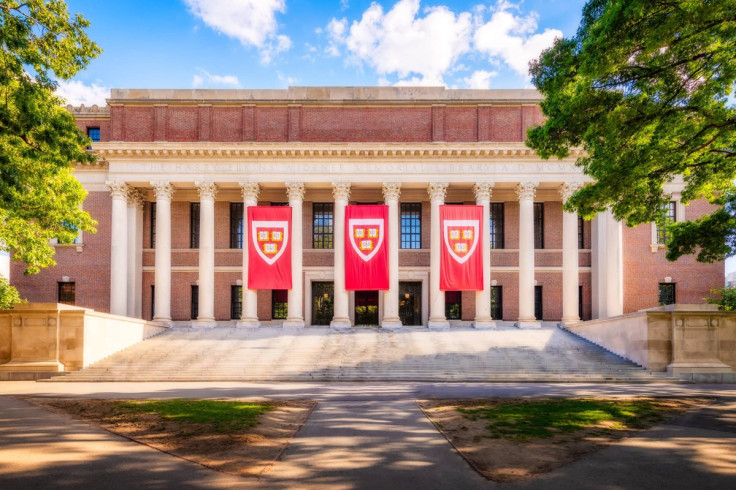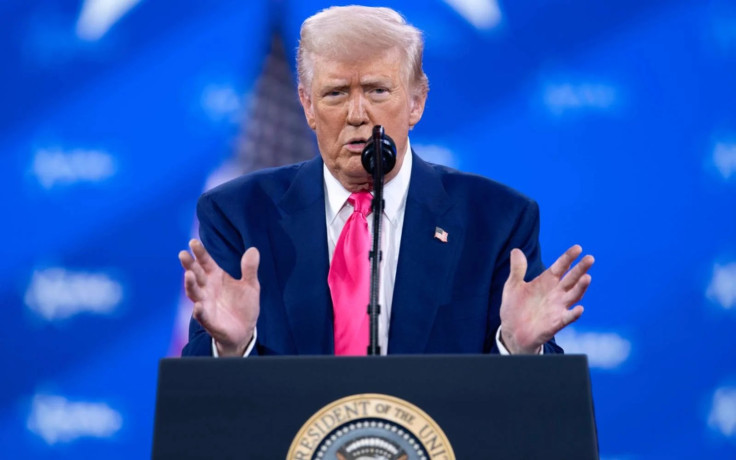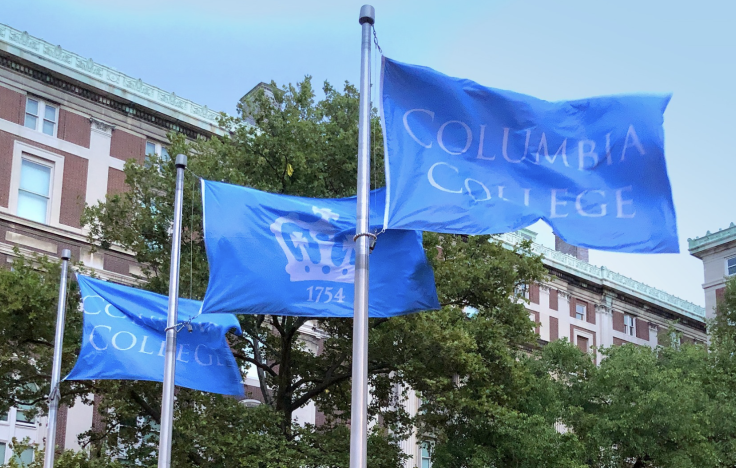
The prestigious Harvard University has become the latest target of US President Donald Trump. In a recent development, the country's oldest and wealthiest university has openly rejected a series of sweeping demands from Washington, becoming the first major institution to do so in the face of mounting political pressure.
In a co-signed letter to the university, the heads of the US Departments of Education, Health and Human Services, and General Services Administration wrote, 'Harvard has in recent years failed to live up to both the intellectual and civil rights conditions that justify federal investment.'
According to reports, on Monday, Harvard in response sent a stong letter to the Department of Education, refusing to comply with new conditions that would restrict campus activism and force changes in university policy. The university says these demands strike at the heart of academic freedom and university autonomy — freedoms protected by the US Constitution and long upheld by the courts.
'We will not surrender our independence or relinquish our constitutional rights,' Harvard stated. That message may prove pivotal for other institutions facing similar pressure.
What the Trump Administration Wants
The clash between Harvard and the White House comes amid a broader campaign by the Trump administration to crack down on what it sees as ideological bias and antisemitism on campus, spurred by a wave of pro-Palestinian student protests. According to reports, the administration has frozen over $2.2 billion in grants and contracts for Harvard, accusing the university of failing to meet its civil rights obligations.

The administration's demands include ending all diversity, equity and inclusion (DEI) programs, revising admissions and hiring policies to remove any consideration of race or national origin, and increasing disciplinary action against campus protesters. One proposal even calls for screening international students for ideological views deemed 'hostile to American values.'
Trump has also suggested that Harvard's tax-exempt status could be revoked, writing on social media that the university should lose its benefits 'if it keeps pushing political, ideological, and terrorist inspired/supporting 'Sickness?'

Harvard President Alan Garber has responded firmly to the administration saying, 'No government — regardless of which party is in power — should dictate what private universities can teach, whom they can admit and hire, and which areas of study and inquiry they can pursue.'
Why Harvard's Response to the Trump Administration Matters
Harvard's vast $53 billion endowment gives it more room to manoeuvre than most universities. However, despite its financial might, the university still relies heavily on federal funding for research — particularly in medicine and science — and cannot replace those funds overnight.
However, it's important to note that Harvard's reputation, resources, and some wealthy alumni are very credible. And it's strategic choice for taking a stand is quite symbolic. 'Harvard is obviously a particularly powerful institution,' said David Pozen, a Columbia law professor. 'And its decision has potential to galvanise other universities into some kind of collective pushback.'
The Ripple Effect on Other Universities
Harvard's resistance towards Trump's attempt to control the education system is already influencing how other elite universities respond to his administration's demands.

Columbia University initially agreed to policy changes after $400 million in funding was frozen. But this week, acting president Claire Shipman signalled a shift, saying some demands were 'not subject to negotiation' and criticising 'heavy-handed orchestration.'
Meanwhile, Cornell University's more than $1 billion in funding was halted as federal agencies investigated alleged civil rights violations. Over 75 research projects were paused, affecting key Defence Department partnerships.
Northwestern University, which faced a $790 million funding freeze, said it never received an official notice from the White House. The university warned that critical research was 'at jeopardy,' especially projects funded by the National Institutes of Health.

On the other hand, Brown University is anticipating a $510 million freeze from the Trump administration over alleged antisemitism linked to pro-Palestinian protests. At the same time, Princeton University's dozens of federal research grants were abruptly suspended without any explanation. However, before the suspension of the grant, its president, Christopher Eisgruber, called out the Trump administration for threatening Columbia University and said these actions are a 'radical threat to scholarly excellence.'
Meanwhile, the University of Pennsylvania lost $175 million in federal funding, not due to campus protests but a civil rights investigation tied to transgender athlete Lia Thomas. The administration linked the decision to its February order barring transgender women from competing in women's sports.
Hence, as the government's pressure builds, universities are being forced to reckon with how long they can sustain without federal support and what they're willing to sacrifice to keep their autonomy intact.







